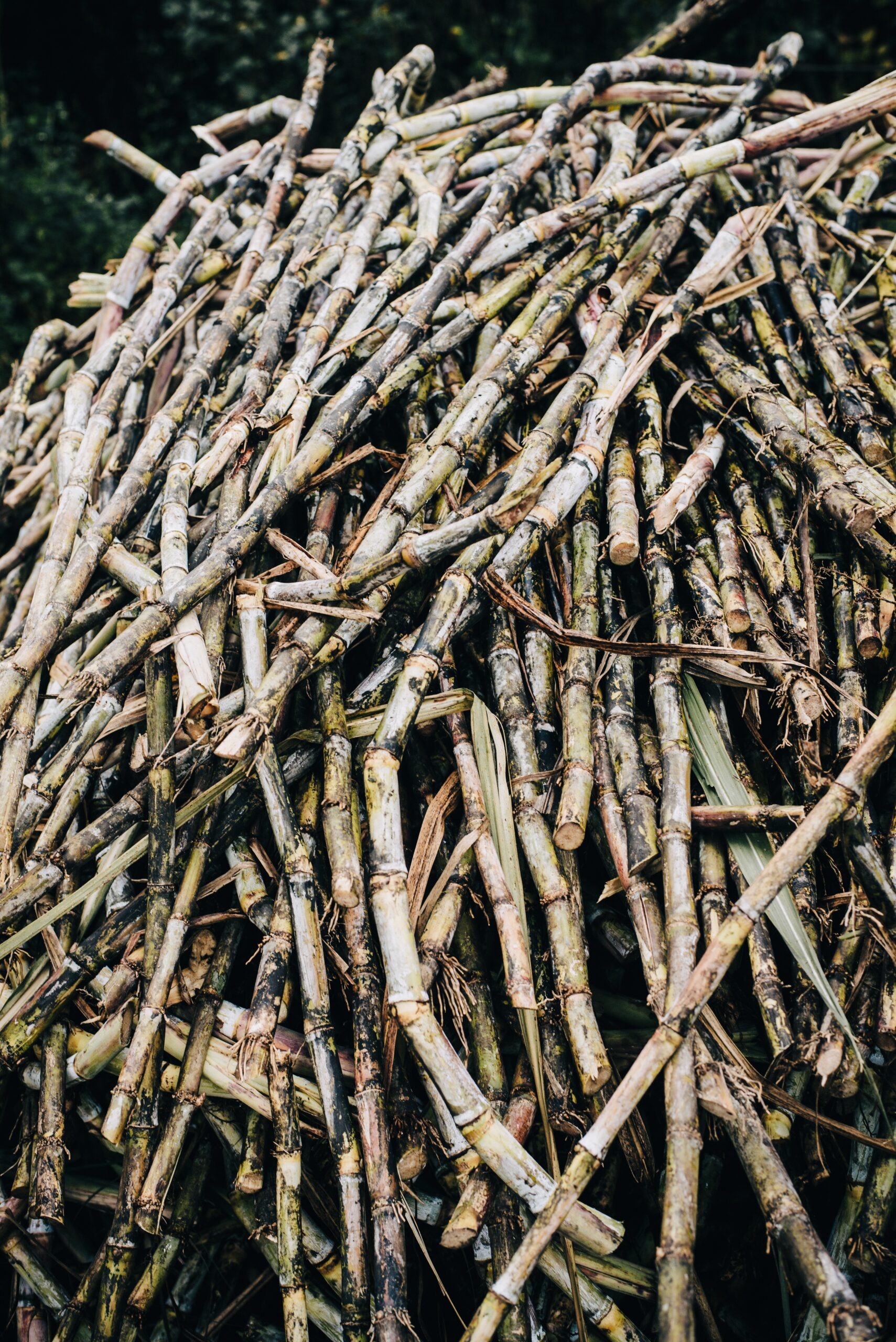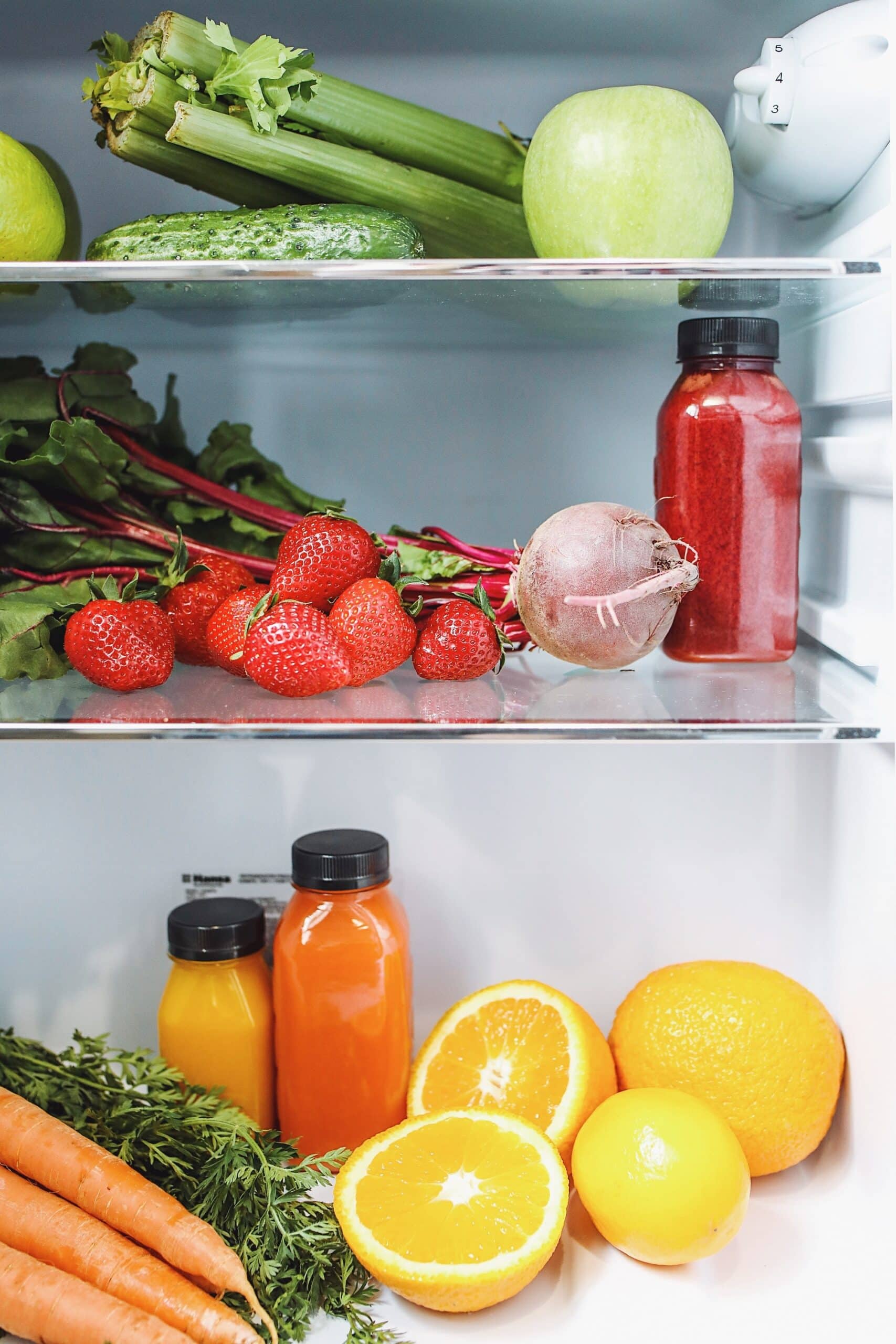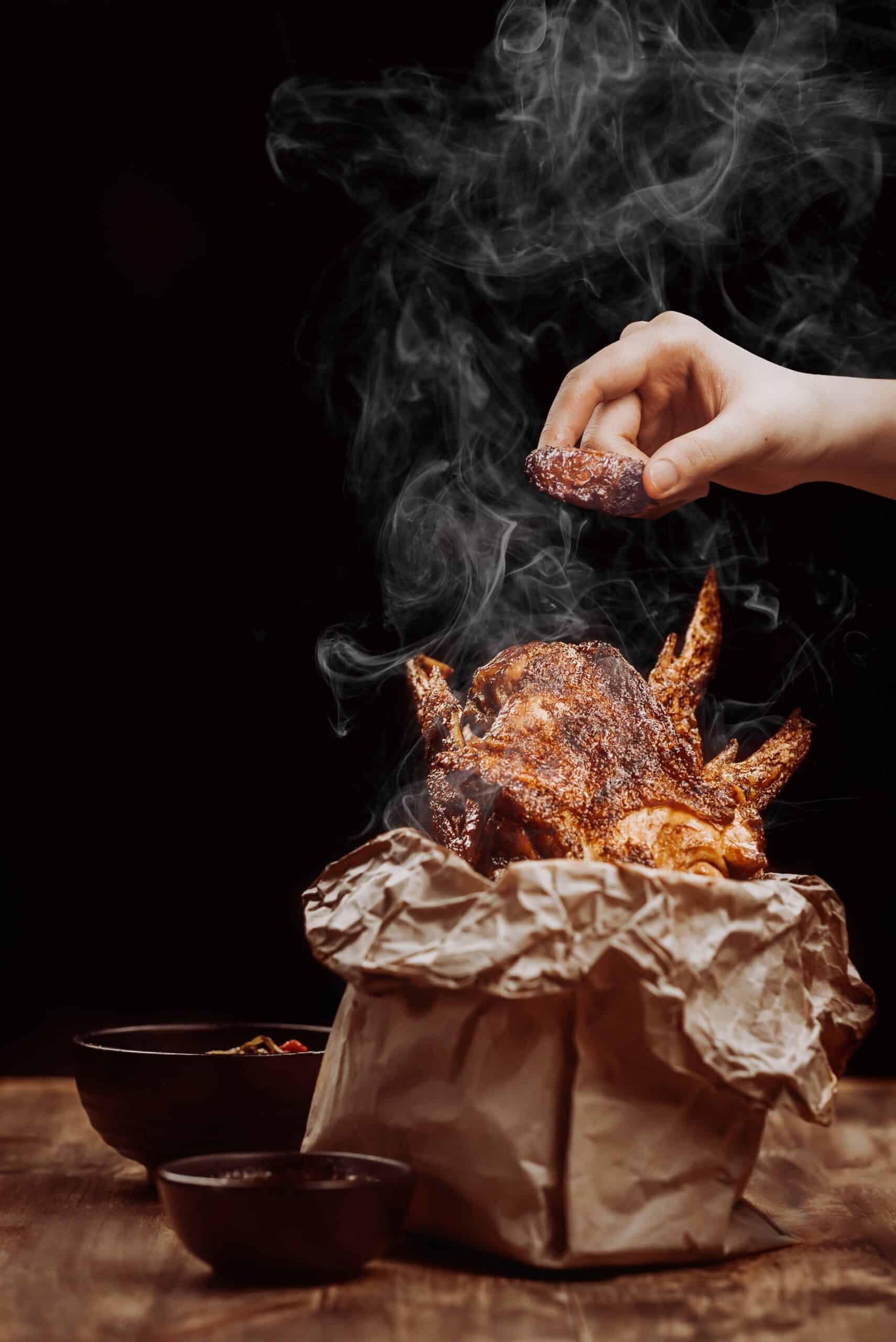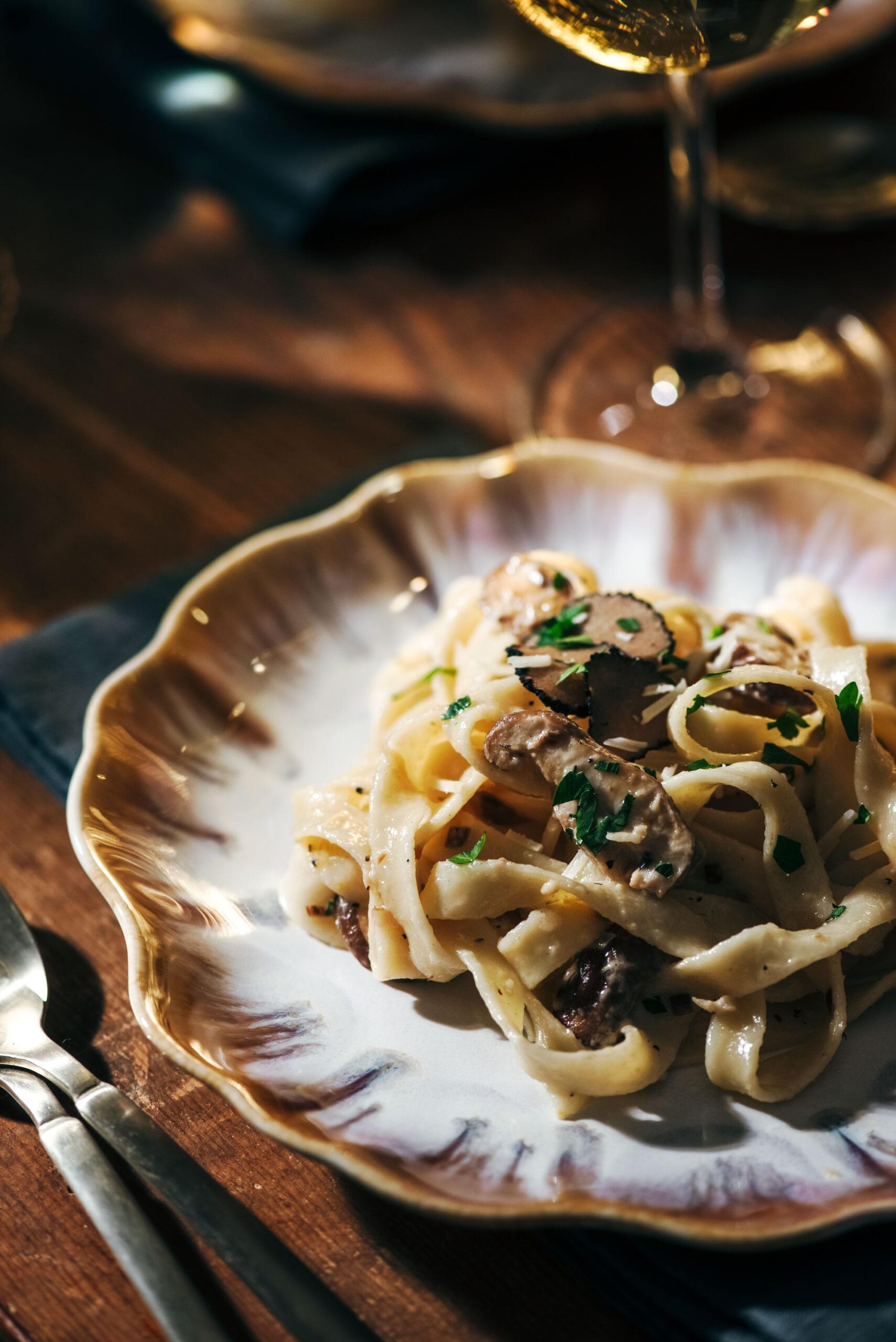Have you thought about getting into home canning? Before you do, however, make sure to take these important steps with a few simple tips to get started.
Tips To Take Before Canning at Home
You’ve surely noticed over the last ten years that many grocery stores and superstores have given entire shelves over to nothing but glass jars. It’s not that people have a sudden interest in guessing how many jellybeans are in a container, leading vessels of all shapes and sizes to fly off those shelves. No, instead, Americans are rekindling their pioneer spirit and canning their own food.
From jellies and jams to fermented foods of all sorts, we’re putting a lid on everything we can and offering these goods at farmers’ markets or just enjoying them ourselves. However, there are some precautions to take before canning at home.
It’s important to plan ahead, follow instructions, and be prepared. Here are a few tips to follow to get you started in the right direction.
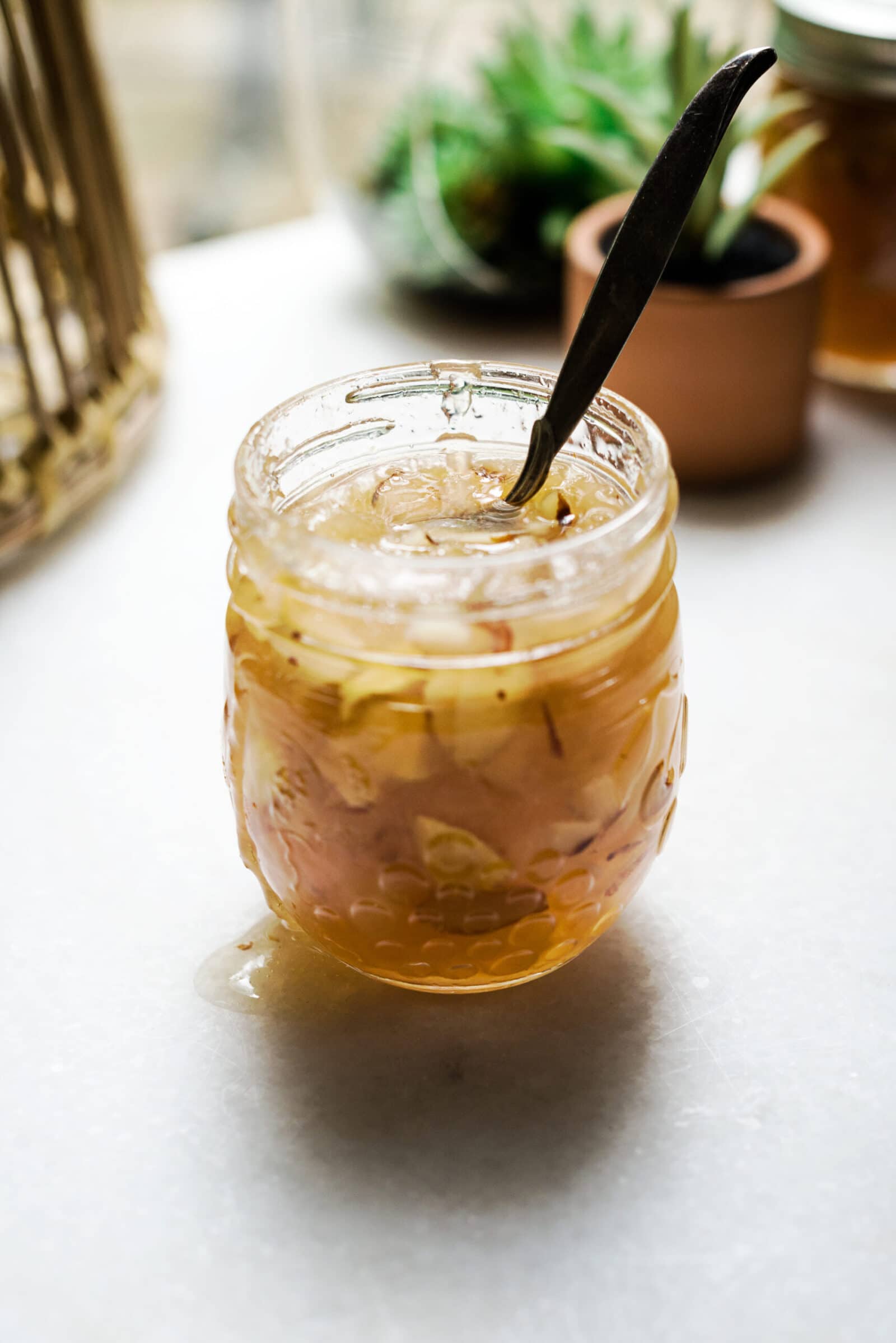
Don’t Attempt to Can Dairy
When it comes to which foods you decide to preserve, some cans are more like cannots. As enticing as it may seem to make and store your own butter, dairy products are strictly verboten when it comes to home canning.
For instance, if a recipe calls for ghee, you’re better off grabbing a jar from a specialty grocery store or if at my grocer, straight down the oil aisle. So much better than trying to clarify and can your own. The risks outweigh the benefits when it comes to milk and butter.
Keep the pH Down
Of all the home canning that enterprising hobbyists do, pickling is perhaps the most popular pursuit. It’s easy to see why: the acidity of the brine is a reliable bulwark against pathogens, making it a safe entry point to the world of canning.
Working with high acidity when possible is one of the essential precautions to take before canning at home. Insufficiently preparing and canning low-acidity foods is a common cause of botulism, one of the deadliest foodborne toxins.
When you can foods with low acidity, however, you’ll need to pressure-can them, bringing them to high temperatures.
Don’t Reuse Other Jars
To be sure, recycling is a must. We should be trying to reduce waste as much as possible. If you’re an environmentally minded canner, it may dawn on you that those disused jars of pasta sauce and salsa from last week could find a new life after a thorough rinse.
The best way to recycle them is to simply put them in your recycling bin.
Glass jars for other consumer products often lack the necessary treatment to withstand the high heat that you should treat any canned goods with. Placing that erstwhile jar of pasta sauce in boiling water could cause it to shatter, costing you product and leaving a mess to clean up.
Only use purpose-built glass jars for your canning, and leave the recycling to the pros.
Want to try your hand at canning? Here are a few easy and delicious recipe to get you started:
Fresh bites, cozy vibes 😎
Dig into something delicious with us by subscribing below
